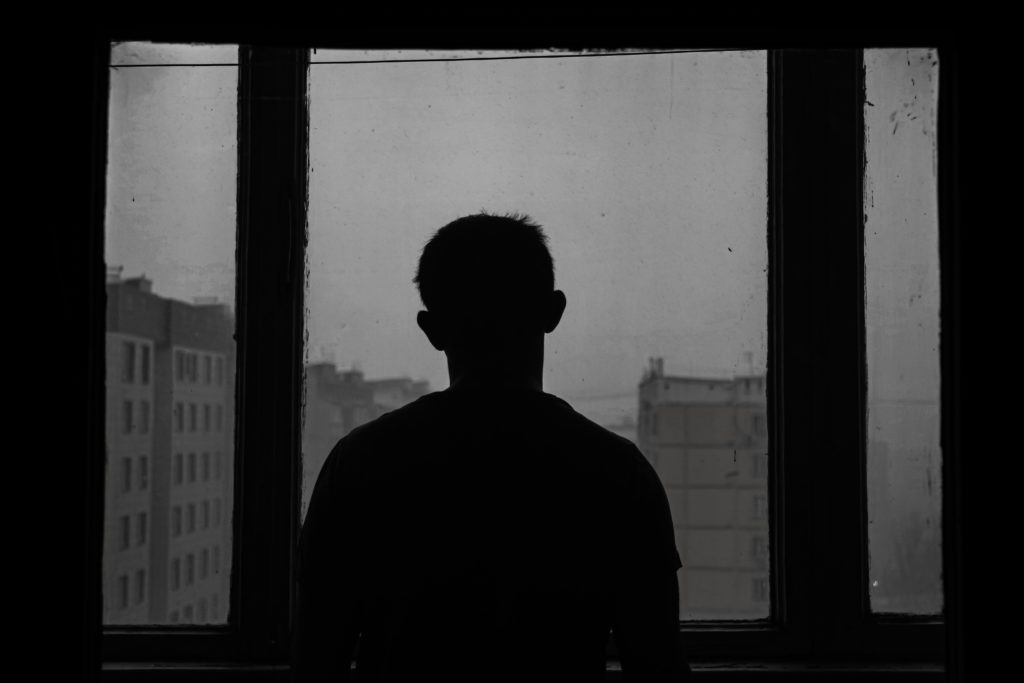
The DSM-IV-TR (Diagnostic and Statistical Manual of Mental Disorders) describes depression this way: “The essential feature of a Major Depressive Episode is a period of at least 2 weeks during which there is either depressed mood or the loss of interest or pleasure in nearly all activities.”
Seasonal Affective Disorder occurs in climates where there is less sunlight at certain times of the year. Depression is distinctly different from everyday feelings of sadness or fatigue that can be brought on by life’s ups and downs. The symptoms of depression can drive some people toward substance use to cope with their condition. However, consuming drugs or alcohol to self-medicate depression symptoms can increase the risk for addiction.
Seasonal depression is marked by some specific symptoms including:
- Sleeping more than usual and feeling drowsy during the day
- Loss of interest in activities that once brought you joy
- Feeling irritable and anxious
- Feeling guilty and hopeless
- Decreased libido
- Trouble focusing or concentrating
- Thoughts of suicide or death
Although you can’t stop the changing of the seasons, there are a few things you can do to combat seasonal depression.
- Stay Active: Exercise is a great way to naturally combat the imbalance of brain neurotransmitters (serotonin, norepinephrine, and dopamine) that can contribute to depression. Pick an activity you enjoy; it doesn’t have to be a chore. Gardening, walking, weight lifting, various sports, dancing, and even playing with your kids are all good forms of exercise.
- Eat Healthily: Our diets do more than provide us energy; they also impact our mental health. A healthy diet rich in vegetables and fruits and low in highly processed foods can help curb feelings of depression by reducing inflammation in our bodies, which is a risk factor for depression.
- Stay Connected: Social connections can be a great defense against depression. Whether you talk on the phone, video chat, or meet in person, keep in regular contact with friends and family for a healthy and happy mind.
- Get Outside: Even on a cloudy day, go outside for a walk or to eat lunch at a park. Get as much sunlight as you can: Sit or work close to a window, open your blinds, or trim trees blocking sunlight.
If you are experiencing symptoms of depression, ask your doctor what treatment options are available. At Palmetto, we believe that recovery is personal and unique to every individual. We make recovery plans – together – that help people anticipate and avoid potential relapse triggers and deal with their emotions in a healthy, recovery-oriented way. Call us today to talk through your resources for sustaining long-term recovery.